1. M*A*S*H Tackles the Korean War’s Real Toll
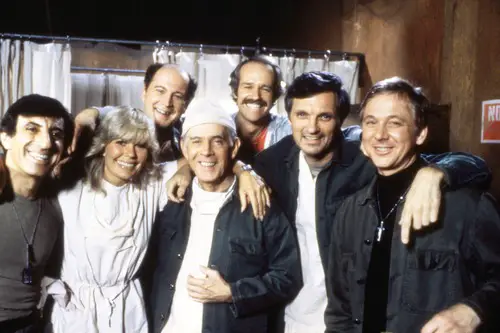
M*A*S*H wasn’t just a groundbreaking sitcom—it was also a platform for addressing the harsh realities of war. One episode, “The General’s Practitioner,” depicted the psychological strain soldiers endured, drawing from the experiences of veterans from the Korean War. This wasn’t just TV drama; it was a reflection of the emotional scars the war left on its participants. The episode touched on the trauma that soldiers carried with them long after they returned home, making it a powerful commentary on post-war realities.
While M*A*S*H was full of humor and absurdity, it also frequently incorporated real historical moments. For instance, episodes like “Dear Dad… Again” highlighted the changing attitudes toward the war, alluding to the public’s growing disillusionment. These moments weren’t just for entertainment—they invited viewers to reflect on the human cost of war.
2. All in the Family’s “Meathead” and the Civil Rights Movement
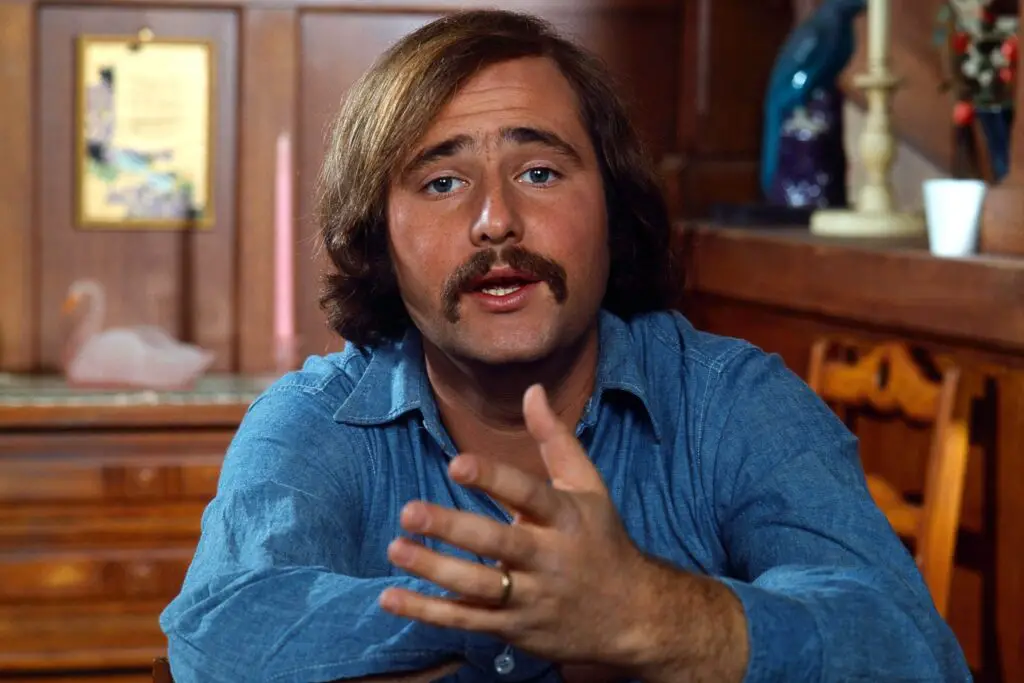
All in the Family was known for tackling controversial social issues, and one of the most notable was its portrayal of racial tensions during the Civil Rights Movement. The character of Mike “Meathead” Stivic, played by Rob Reiner, often served as the voice of the younger generation questioning the status quo. In an episode called “The Draft Dodger,” Meathead’s stance on the Vietnam War mirrored the broader societal conflict about the draft, protests, and race relations during the ’60s and ’70s.
The show wasn’t afraid to make political commentary, weaving real events into its comedic narrative. The episode reflected the growing divide between the older, conservative generation and the younger, more progressive voices who were pushing for social change. By doing this, All in the Family sparked conversations about race, equality, and the role of television in shaping public opinion.
3. The Mary Tyler Moore Show and Women’s Liberation
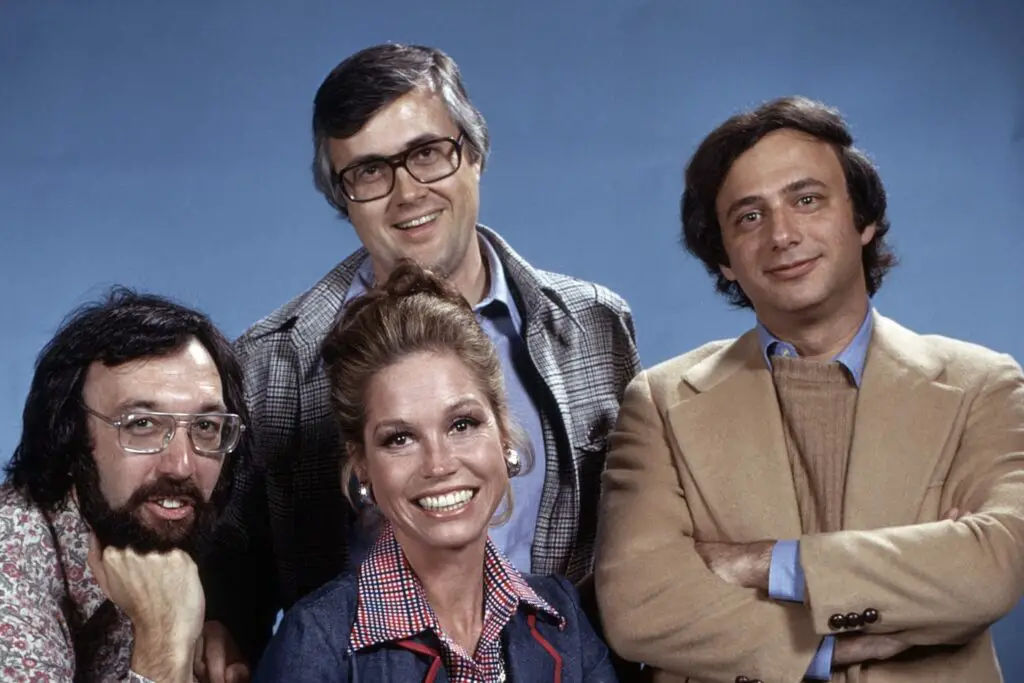
The Mary Tyler Moore Show didn’t just break ground in television for its portrayal of an independent woman working in a newsroom—it also reflected the wave of feminist activism in the 1970s. The character of Mary Richards embodied the struggles and triumphs of women entering the workforce during a time when women’s rights were being heavily debated. In episodes like “The Boss Ain’t Coming to Dinner,” the show subtly referenced the fight for equal pay and the challenges of balancing work and personal life, issues that were part of the broader Women’s Liberation Movement.
While the show was comedic at its core, it also depicted the changing roles of women in the workplace. It presented these struggles with humor but didn’t shy away from addressing the real-world implications of a woman trying to carve out a space in a male-dominated field. Mary’s storylines became emblematic of the feminist movement of the time, offering a nuanced portrayal of the complexities women faced.
4. Cheers and the Fall of the Berlin Wall
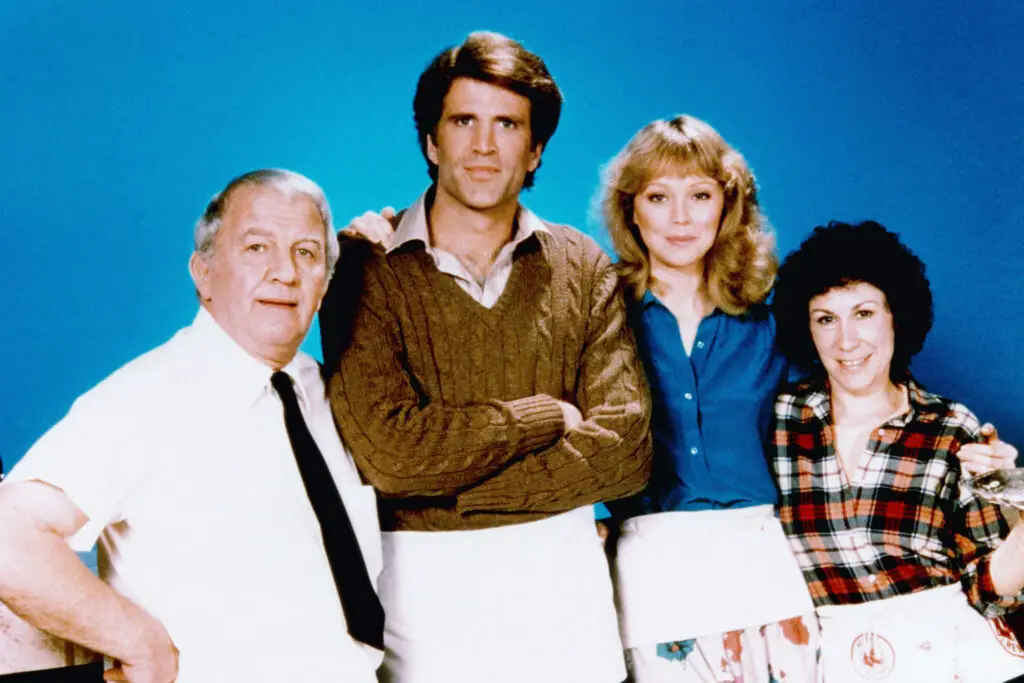
In Cheers, a sitcom that captured the essence of everyday life in a Boston bar, real-world political events occasionally sneaked in. In the episode “The Last Picture Show,” the characters joke about the fall of the Berlin Wall, an event that marked a significant shift in global politics in 1989. The show, known for its focus on relationships and personal dramas, reflected the cultural climate of the late ’80s by acknowledging this pivotal historical moment.
Though it was mostly lighthearted, Cheers didn’t hesitate to tap into the real-world changes that shaped the atmosphere of its time. The reference to the Berlin Wall was a clever way to show that even in the realm of sitcoms, global events were impacting the way people viewed the world around them. The subtle nod to the Wall’s fall reminded viewers that life was bigger than just the fictional lives of bar regulars.
5. The Golden Girls and the AIDS Crisis
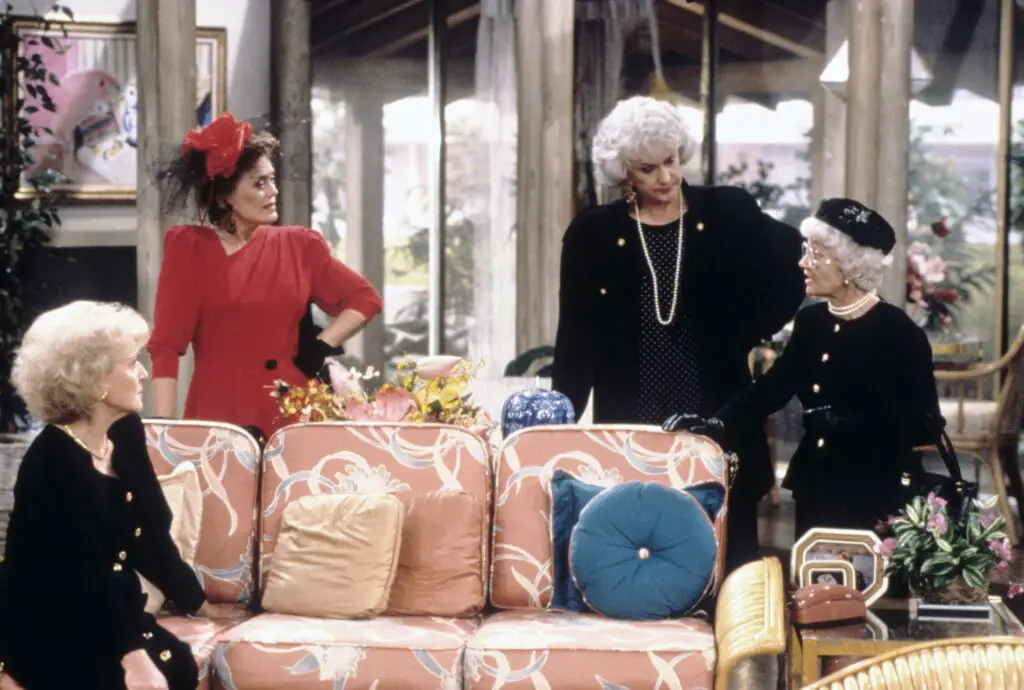
The Golden Girls was known for its sharp wit, but it also addressed serious social issues, like the AIDS crisis of the ’80s. In the episode “93-Year-Old Man,” the show tackled the stigma surrounding HIV and AIDS by having Blanche’s brother reveal he was diagnosed with the disease. This was one of the first instances of a sitcom openly addressing AIDS, a disease that was still misunderstood and highly stigmatized at the time. The episode, filled with both humor and compassion, worked to educate viewers while entertaining them.
The show used its platform to bring attention to a public health crisis affecting millions. In doing so, The Golden Girls not only entertained but also offered a message of understanding and empathy. The characters, who were often portrayed as somewhat out of touch, found themselves grappling with the realities of the AIDS epidemic, reflecting the growing awareness of the disease in society.
6. The Odd Couple and the Watergate Scandal
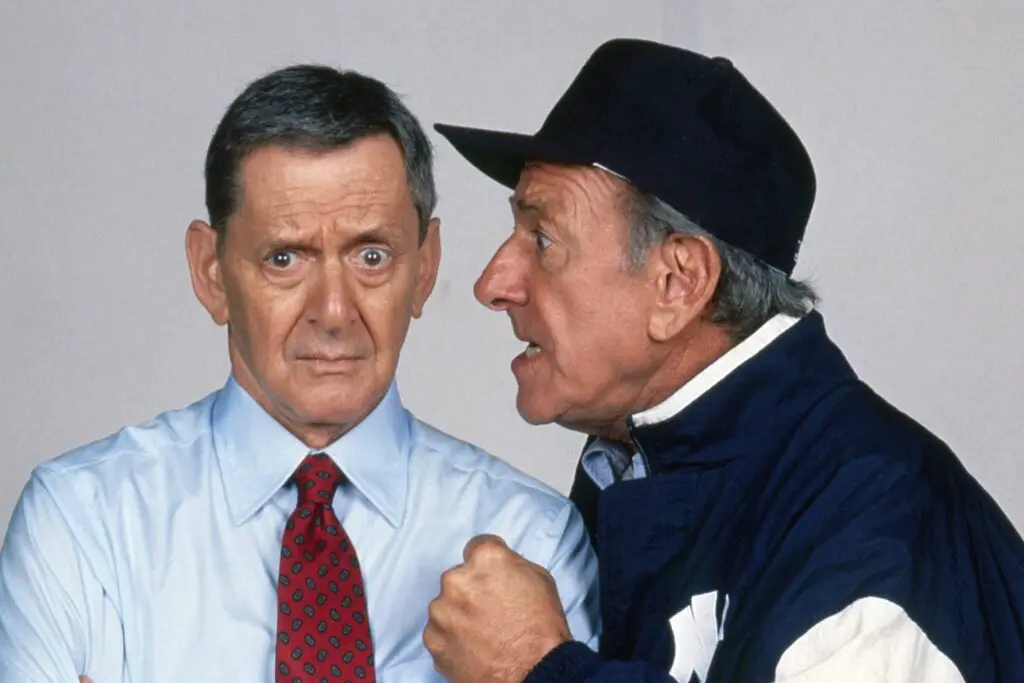
The Odd Couple often relied on quirky characters and situations for its humor, but it also took a direct jab at political events in the ’70s. In the episode “The Big Brother,” Felix and Oscar find themselves embroiled in a debate about the Watergate scandal, the political corruption that led to President Nixon’s resignation. The episode humorously yet poignantly mirrored the national sense of outrage and betrayal that accompanied the scandal, making it a timely commentary on the political atmosphere of the era.
By using their signature wit, the characters managed to reflect the public’s growing distrust of the government. The show, though primarily about two mismatched roommates, wasn’t afraid to dive into current events and reflect on how those events shaped the mood of the country. The Watergate reference served as a reminder that sitcoms didn’t always have to stick to lighthearted fare—they could address the important, real-world issues that viewers were grappling with at the time.
